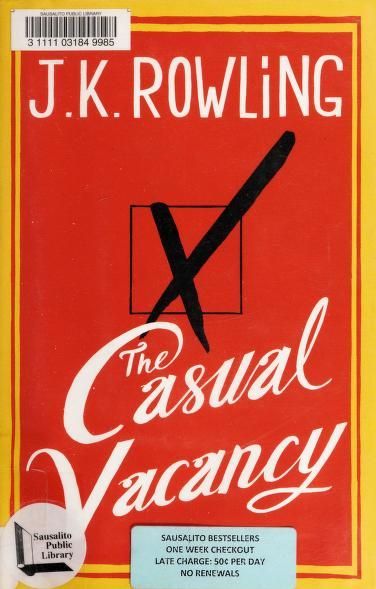Reviews
maitha mana@maithalikesapplepies
Meagan Fischer @mstypharatfinklatifolia
Wilde@wildeaboutoscar
Joana da Silva@julesdsilva
Savindi Jinasena@streetlightreader
Rose@pirdblant
Tylar M@queenserenity
Nicole Dykeman@holobookthief
Irene Alegre@irenealegre
Ally Gagliardo@allygagliardo
Charles Siboto@charles_s
Alost@alosthargobind
Yulande Lindsay@lande5191
Melanie Richards@melanierichards
Madhuri Sridhara@madhurireads
Lis@seagull
Gabriella Parker@gabriellareads
Samantha Huster@lostpoet
Kelsey Lucero@momming_while_reading
Robin M Cabana@rmcabana
Nadine @intlnadine
Mary Baldwin@mapetiteliseuse
Isa s@purzel
Emir Andrés Ibañez@erasibanez
Highlights
k@karlaskawaii
